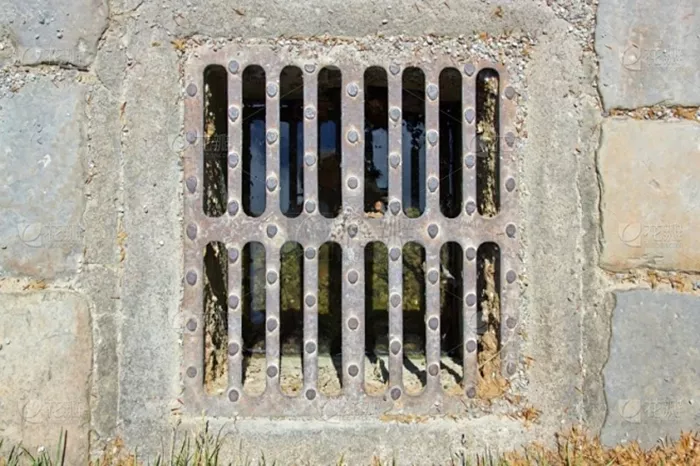The distinction between sewer gas and natural gas is crucial for homeowners and professionals alike. Both gases can produce unpleasant odors that may lead to confusion and concern. Understanding their differences is essential for safety and effective management of plumbing issues. This article explores whether sewer gas smells like natural gas, delving into the chemical compositions, sources, health implications, and how to address these odors effectively.
Understanding the Gases
What is Sewer Gas?
Sewer gas is a mixture of gases produced by the decomposition of organic matter in wastewater. It primarily consists of methane, which is odorless, but also contains other gases such as hydrogen sulfide (H₂S), ammonia, and carbon dioxide. The presence of hydrogen sulfide gives sewer gas its characteristic rotten egg smell, which can be quite offensive14.
What is Natural Gas?
Natural gas is primarily composed of methane (CH₄) and is also odorless in its pure form. To ensure safety, a chemical called mercaptan is added to natural gas to give it a distinctive skunk-like odor. This addition allows individuals to detect leaks quickly, as natural gas can be highly flammable and potentially explosive25.
Comparing Odors
Sewer Gas vs. Natural Gas Smell
Sewer Gas: Typically described as a rotten egg or sewage smell due to the presence of hydrogen sulfide and other decomposing organic materials.
Natural Gas: Smells more like skunk or rotten cabbage due to mercaptan; it lacks the sewage-like quality associated with sewer gas.
While both gases can produce unpleasant odors that may be confused with one another, their distinct characteristics can help in identifying their sources36.
Sources of Odors
Common Causes of Sewer Gas Smell
Dry Traps: Water traps (P-traps) are designed to hold water and block sewer gases from entering living spaces. If these traps dry out due to lack of use, sewer gas can escape13.
Broken Drain Lines: Cracks or breaks in sewer lines can allow sewer gas to permeate surrounding areas and enter homes46.
Blocked Vents: Vent pipes that are clogged or improperly installed can prevent sewer gases from being vented outside, causing them to back up into the home25.
Common Causes of Natural Gas Smell
Gas Leaks: A leak in the natural gas line can lead to the escape of gas into the home, producing a strong skunk-like odor.
Appliance Malfunctions: Faulty appliances that use natural gas may emit odors if they are not functioning correctly.
Improper Ventilation: Inadequate ventilation around gas appliances can cause gas buildup, leading to detectable odors25.
Health Implications
Effects of Sewer Gas Exposure
Exposure to sewer gas can lead to various health issues, particularly if experienced over extended periods:
Hydrogen Sulfide Toxicity: At high concentrations, hydrogen sulfide can cause respiratory distress, headaches, dizziness, and even loss of consciousness.
Methane Risks: While methane itself is not toxic at low levels, it can displace oxygen in confined spaces, potentially leading to suffocation46.
Effects of Natural Gas Exposure
Natural gas also poses health risks:
Flammability: Natural gas is highly flammable and can lead to explosions if not managed properly.
Health Symptoms: Prolonged exposure may cause headaches, dizziness, nausea, and respiratory issues due to incomplete combustion products25.
Addressing the Odors
What to Do If You Smell Sewer Gas
Check Water Traps: Ensure that all P-traps are filled with water. Pour water down infrequently used drains to restore the barrier against sewer gases.
Inspect for Leaks: Look for signs of leaking pipes or damaged connections that could allow gases to escape.
Ventilation: Open windows and ventilate the area to disperse any accumulated gases while seeking professional help if necessary14.
What to Do If You Smell Natural Gas
Evacuate Immediately: If you detect a strong skunk-like odor associated with natural gas, evacuate the premises immediately.
Avoid Ignition Sources: Do not use electrical switches or open flames until the area has been deemed safe by professionals.
Contact Professionals: Notify your local natural gas company or emergency services for immediate assistance25.
Conclusion
In summary, while both sewer gas and natural gas can produce unpleasant odors that may be confused with one another, they have distinct characteristics and sources. Understanding these differences is vital for safety and effective problem resolution in residential settings. Regular maintenance of plumbing systems and prompt attention to unusual smells can help prevent hazardous situations related to both sewer and natural gases.
Related topic:
What Does Leaking Gas Smell Like?

